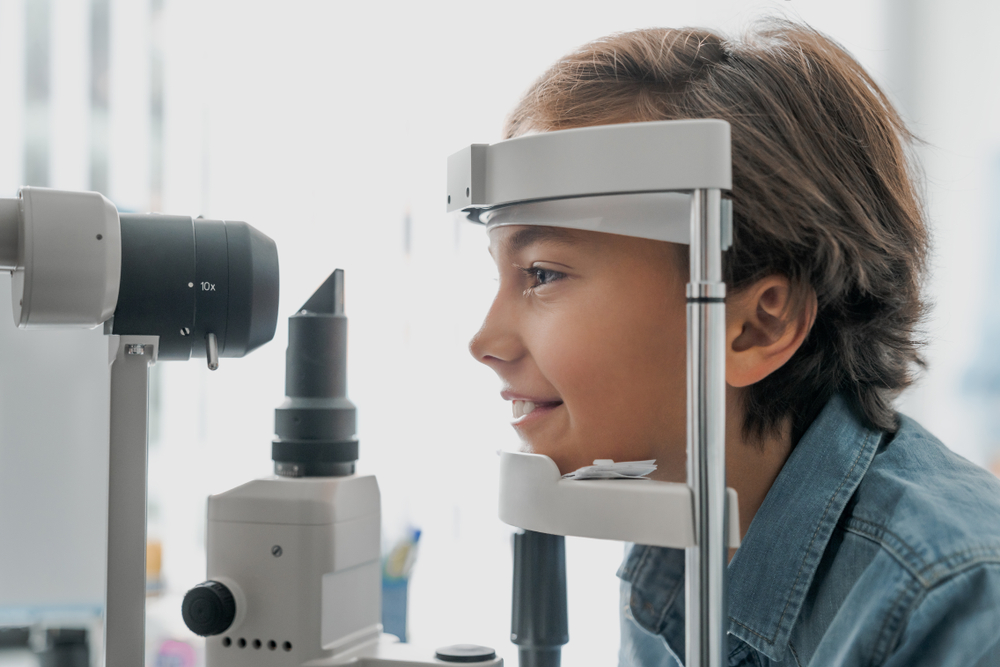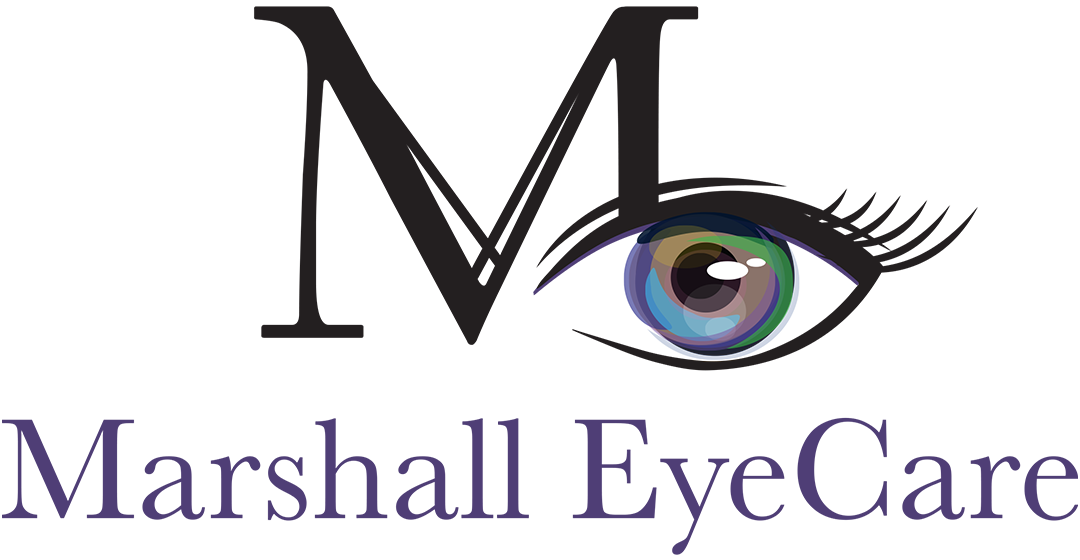
Our eyes are integral to our everyday tasks and professional lives. Maintaining optimum eye health is essential. However, the concept of eye health extends only as far as having a clear vision. This perception is far from the truth, as eye health encompasses a wide range of factors, including visual acuity, eye coordination, depth perception, and the ability to see color correctly.
Now, the question arises, how does one ensure they are maintaining good eye health? The answer lies in regular eye examinations. These examinations come in two primary forms: school vision screenings and comprehensive eye exams.
What are School Vision Screenings?
School vision screenings are basic eye tests conducted by school nurses or volunteers to help identify children who may have visual impairments. These screenings primarily focus on identifying myopia (nearsightedness), hyperopia (farsightedness), and astigmatism. They are generally quick, taking only a few minutes per child, and are often performed using eye charts or handheld vision screening devices.
While these screenings do play a role in identifying potential vision problems early, they are not designed to be thorough. School vision screenings merely provide a snapshot of a child's visual acuity at a specific distance. They are not meant to replace a comprehensive eye exam, which checks for a broader range of possible eye health and vision issues.
The Limitations of School Vision Screenings
School vision screenings have several limitations. Firstly, they only test for basic vision issues, like nearsightedness, farsightedness, and astigmatism. They do not account for other important aspects of visual health, such as eye alignment, color vision, depth perception, or overall eye health.
Secondly, due to limited resources and time, these screenings are often rushed, increasing the chances of errors. Moreover, they are often carried out by individuals who may not have the necessary training or expertise to accurately interpret the results.
Lastly, these screenings create a false sense of security. A pass result in a school vision screening can lead parents to believe that their child’s eyes are perfectly healthy, which may not be the case. It is possible for a child to pass a vision screening, yet still have a vision problem.
What is a Comprehensive Eye Exam?
A comprehensive eye exam is a thorough evaluation of your eyes conducted by an optometrist or ophthalmologist. This examination encompasses various tests to evaluate different aspects of your vision and overall eye health. These tests range from simple ones, like reading an eye chart, to complex tests, such as using a high-powered lens to examine the health of the tissues inside your eyes.
During a comprehensive eye exam, your eye doctor will not only determine your child’s prescription for eyeglasses or contact lenses but also check their eyes for common eye diseases, evaluate how their eyes work together as a team and assess their eyes as an indicator of their overall health.
The Advantages of a Comprehensive Eye Exam Over School Vision Screenings
Comprehensive eye exams offer several advantages over school vision screenings. Firstly, they are conducted by trained eye care professionals who can accurately assess your child’s vision and eye health. They are equipped with the knowledge and tools necessary to detect a wide range of potential eye health issues, from common refractive errors to serious diseases like glaucoma or macular degeneration.
Additionally, comprehensive eye exams are thorough and comprehensive, as the name suggests. They assess not just your child’s visual acuity, but also their peripheral vision, depth perception, color vision, and eye muscle balance. They also include a detailed examination of the physical health of their eyes.
The Importance of Regular Comprehensive Eye Exams
Regular comprehensive eye exams are crucial for maintaining good eye health. For children, regular comprehensive eye exams are particularly important. Children's eyes develop rapidly, and vision problems can often develop without any noticeable symptoms. Regular eye exams can help catch these issues early, ensuring that your child has the best opportunity for academic success.
Protect Your Child’s Vision with a Comprehensive Eye Exam Today
While school vision screenings can play a role in identifying potential vision problems early, they are no substitute for a comprehensive eye exam. Comprehensive eye exams provide a far more detailed and accurate assessment of your child’s eye health and vision. By making comprehensive eye exams a priority, you can ensure that you and your loved ones maintain good eye health and clear vision.
Schedule a comprehensive eye exam for your child by contacting Marshall EyeCare at our office in Aberdeen, New Jersey. Call (732) 837-0988 to book an appointment today.








